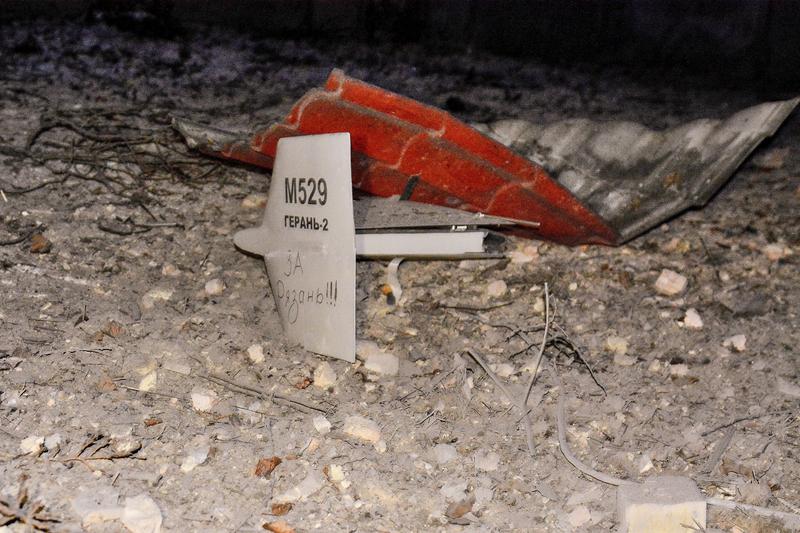PARIS.- France is in suspense before crucial legislative elections that could redefine the political course of the country. This Sunday the first round of voting began, marked by high participation and intense competition between various political forces.
Polls opened across mainland France with the National Rally and a new left-wing coalition, the New Popular Front, emerging as the main contenders against the current government of Emmanuel MacronThe election campaign has been dominated by issues such as the economy, immigration and social discontent, reflecting a growing polarisation among the French electorate.
The National Rally, led by Marine Le Pen, has capitalized on popular frustration with promises of radical economic and immigration reforms, while the New Popular Front seeks to offer a left-wing alternative to Macron’s centrist policies. Both coalitions have mobilized their bases through digital platforms and social movements, reflecting a modern and dynamic electoral campaign.
President Macron, whose popularity has waned amid criticism of his handling of the economic crisis and social protests, faces a significant challenge to maintain his parliamentary majority. His decision to call these early elections following adverse results in the European elections has been interpreted as an attempt to consolidate his leadership against the rise of other political forces.
With 49.5 million registered voters, turnout has been remarkably high, exceeding previous election levels. Voters have expressed concerns about the future direction of economic policy, international relations and civil rights, underscoring the importance of these elections for the future of France and its role on the global stage.
The first estimates of the results are expected tonight, with clearer projections on the composition of the National Assembly after the second round on July 7. Meanwhile, political leaders have intensified their efforts to form strategic alliances and secure support in key constituencies, anticipating a complex and negotiated post-election process.
This electoral process will not only determine the configuration of the French parliament, but could also have significant implications for European politics and international relations, especially in a context of growing global geopolitical and economic tensions.
Source: With information from AP



